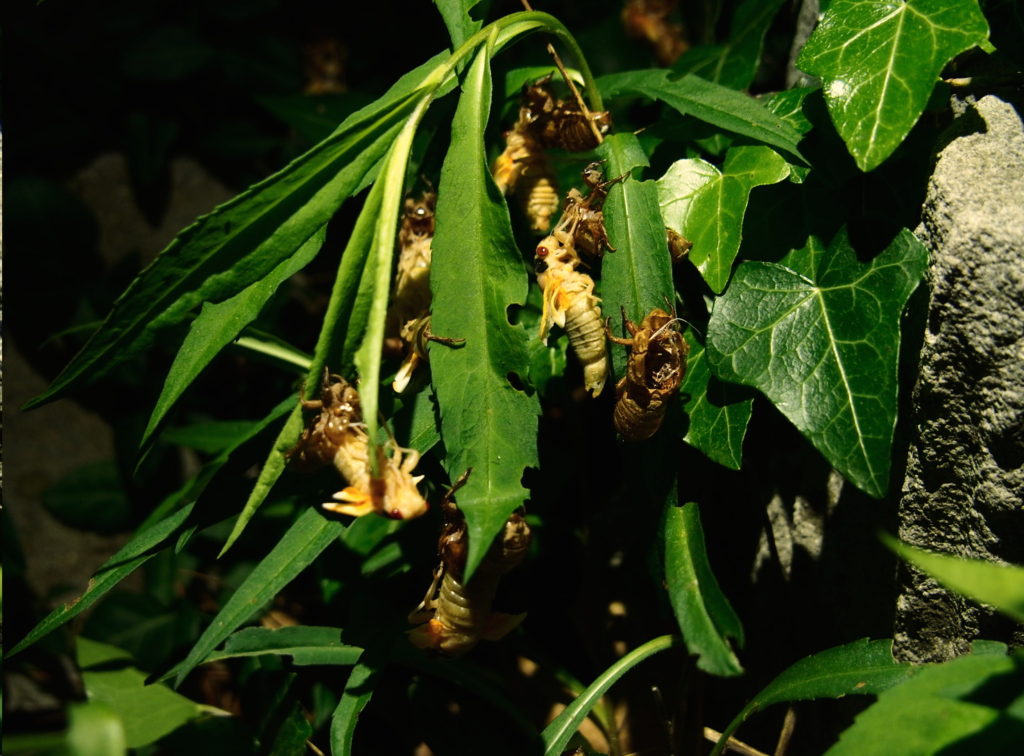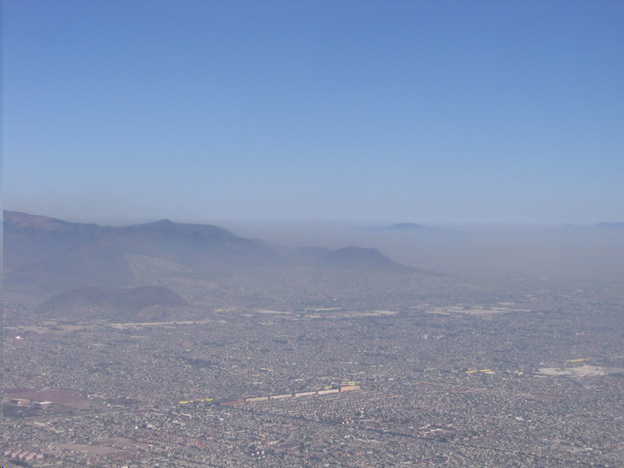Science Café is happening on Aug 10 at 6PM at Hopscotch.
Dr. Chanh Kieu, Associate Professor at IU’s Department of Earth and Atmospheric Sciences will discuss broadly how hurricanes and climate are related. He will also talk about a way by which hurricanes can be used to diagnose future climate changes, along with potential uncertainties and challenges of this approach.
We will restart Science Café monthly (mostly) on Wednesdays starting at 6 at Hopscotch on Dodds & Morton.
Cicada cycles
Dr. Armin Moczek gave a great talk on Cicadas last week, and with his permission I’m linking to it here in lieu of an in person meeting this month.
50 billion of these will be coming up this week in Monroe County
https://iu.mediaspace.kaltura.com/media/t/1_a53hmqk9/212337753

Beyond Counting Monarchs: Assessing biodiversity worldwide and what it means to society
Dr. Eduardo Brondizio will provide an overview of the process and some of the key findings of IPCC for biodiversity*.
Launched in May 2019 after three years of work by over 400 experts from 50+ countries, the Global Assessment is the most comprehensive analysis of the global environment to date, looking past 50 years and scenarios going forward. It covers terrestrial, freshwater, and marine systems, it evaluates international agreements on sustainable development and biodiversity, and several multilateral conventions; it looks at interactions between climate change and other drivers of change, and their implications for society; it’s the first assessment to systematically consider the contributions of indigenous and local knowledge and issues relevant to Indigenous peoples and local communities; and, it assess options and approaches going forward.
(* the Global Assessment on Biodiversity and Ecosystem Services of the UN Intergovernamental Science-Policy Platform on Biodiversity and Ecosystem Services IPBES)
August 30th: Smog, a radical perspective
The problem of photochemical air pollution continues to be a serious threat to human health and welfare in many areas of the world. Ozone, the primary component of photochemical smog, can impair respiratory functions by causing inflammation and scarring of lung tissue. Because it is a secondary pollutant, control of ozone depends on an accurate understanding of the chemical mechanism leading to its production.

Philip S. Stevens from IU School of Public and Environmental Affairs and Department of Chemistry will describe and discuss current field studies designed to improve our understanding of the chemistry of photochemical smog, including measurements in both urban and remote areas.
